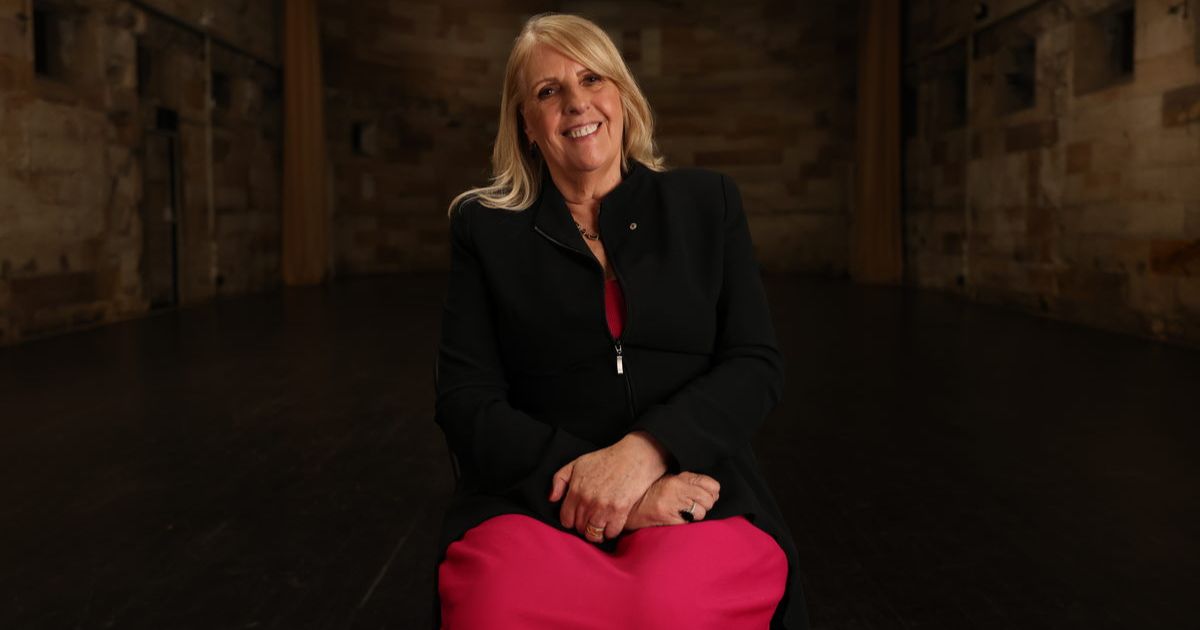Byron Soil Improvement project kicks off
A NEW $50,000 project to improve soil health has begun in Byron with an interactive workshop for local farmers and landholders.
The Slow the Flow project will see 11 farmers improve their soil quality and help to build flood and drought resilience in the shire.
Byron Council Agriculture Extension Officer Andrew Cameron said the first workshop had been a great success, and all attendees had learned much from the day.
“We were pleased to kick the project off with an interactive workshop in January,” Cameron said.
“At the workshop, we counted worms, checked root depths and water infiltration, did brix (plant health) testing and even released some dung beetles.
“Overall, farmers and landholders learned about soil’s amazing ability to hold and store water and how to achieve this,” Cameron said.
Farmers and landholders participating in the project are from areas including Booyong, Gooengerry, Ewingsdale, Mullumbimby, Clunes, Coopers Shoot, Myocum and Federal.
Over the next two years, farmers and landholders will use an app called Soil Mentor to monitor the results of soil improvement activities.
Project participant Callan Terry said he valued the opportunity to improve his soil.
“Soil is one of the earth’s most valuable resources, and the need to prioritise its regeneration is crucial,” Terry said.
“The opportunity to collaborate with like-minded farmers and explore innovative methods for building and revitalising soils and fostering resilience is both exciting and essential.
“My goal is to gather meaningful data and share it with a broader community of soil-focused farmers and help to build a mutually supportive, collaborative network,” he said.
Interested landholders or farmers can join the Byron Farmers Network or contact the Byron Shire Council.
“Currently, a lot of soil in the shire is not holding the amount of water it could. With slight adjustments, the soil can become healthier, and this can build flood and drought resilience whilst also protecting our waterways and reducing soil erosion,” Cameron said.
“If we increase soil carbon by just one per cent, by introducing more organic matter, this could see up to one hundred and forty-four thousand litres of water stored in the soil per hectare.”
The program is part of a $5M package of works under the Northern Rivers Watershed Initiative, funded by the Department of Primary Industries and Regional Development and coordinated by Rous County Council.
For more information, visit byron.nsw.gov.au/Environment-Resilience/Biodiversity/Regenerative-Agriculture-in-the-Byron-Shire



















